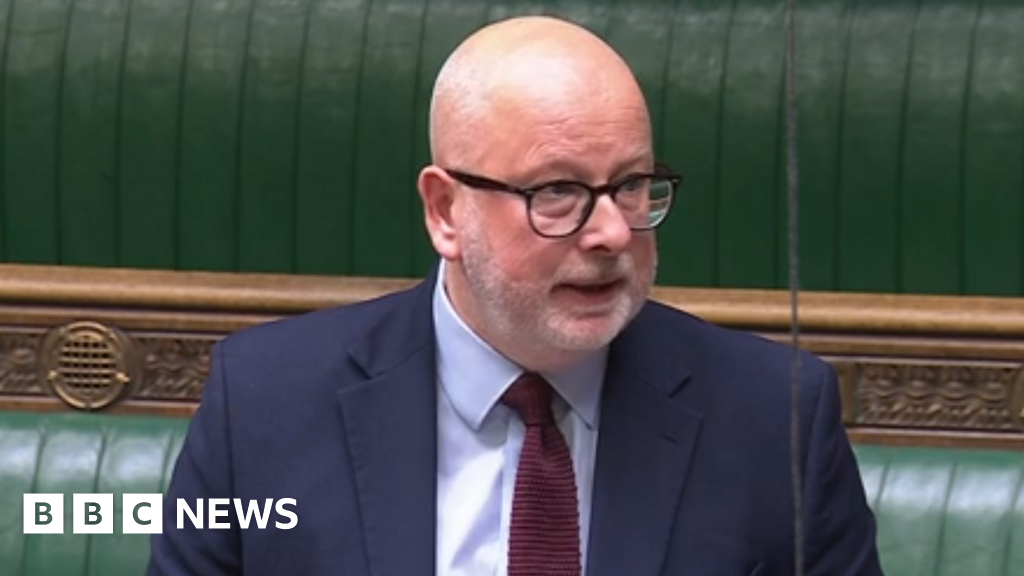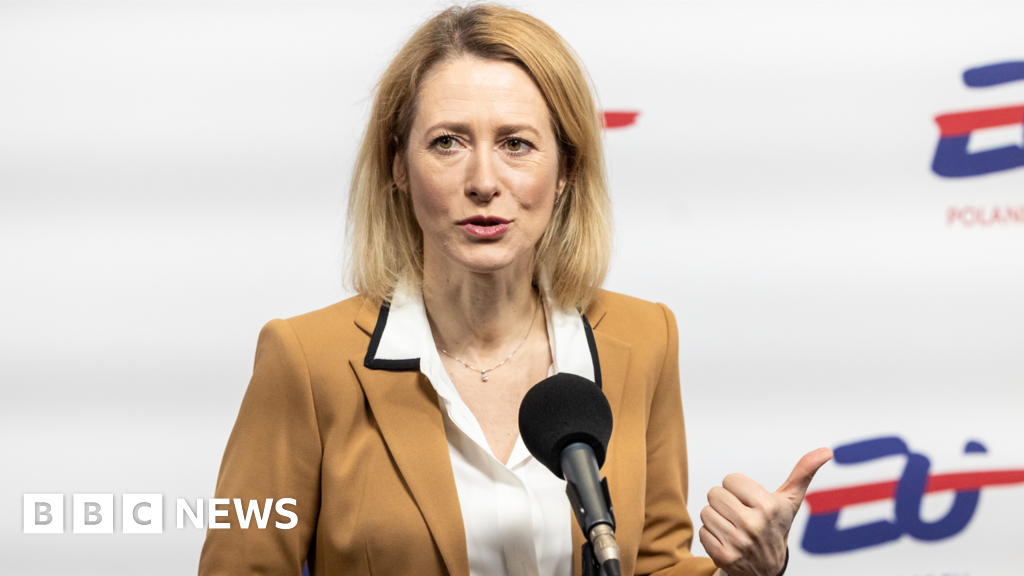ARTICLE AD BOX
image source, Getty Images
The £20-per-week boost to universal credit will come to an end in October.
Some MPs had appealed to the prime minister to make the increase permanent.
How is universal credit changing?
In response to the pandemic, a temporary £20 increase to universal credit payments was introduced.
The scheme officially ends on 6 October.
However, the exact date the money will stop being paid will vary depending on the day you usually receive universal credit.
For some people, this will mean the last payment at the higher rate will be at the end of September.
The government says that as the economy opens up the focus needs to shift to getting people back to work.
How many people are affected?
Universal credit is claimed by more than 5.5 million households across the UK.
The charity Citizens Advice has warned that a third of people on Universal Credit will end up in debt when the extra payment is removed.
It said the average shortfall would be between £51 and £55 a month.
Another charity, the Health Foundation, has warned that the cut could lead to poorer mental health and wellbeing for thousands of families.
What is universal credit?
Universal credit is a benefit for working-age people, which was introduced to replace six benefits and merge them into one payment. The replaced benefits are:
- income support
- income-based jobseeker's allowance (except for some people with severe disabilities)
- income-related employment and support allowance
- housing benefit
- child tax credit
- working tax credit
image source, PA
image captionUniversal credit can help with childcare costsMost people who would have made a new claim for these individual benefits now make one for universal credit. It was designed to make claiming benefits simpler.
A single universal credit payment is paid directly into claimants' bank accounts. This happens monthly in England and Wales, but there is the option of payment every two weeks in Scotland and Northern Ireland.
It can be claimed whether you are in or out of work.
Universal credit may not be appropriate or available for everyone. Claiming it can affect other benefits, and it is vital to get some advice - available for free - before applying.
image source, Getty Images
What are the concerns about universal credit?
It is complicated to work out exactly how much universal credit you might receive. Some people, such as those with £16,000 or more in savings, are not eligible.
Others may find what they receive depends on their circumstances, including any income their family has, as well as housing and childcare costs.
It usually takes five weeks from the date of claiming to receiving a first payment, although an advance loan may be possible.
An application for universal credit may put a stop to any tax credits you receive, even if it proves to be unsuccessful.
You may be able to claim a reduction in council tax when on universal credit, and get help with childcare costs. There is also support to pay the rent, which works in different ways across the UK. In time, there may also be assistance in paying the mortgage, although there are some strict criteria involved.
What other benefits are still available?
The main benefit for anyone losing their job after a period in work is new-style jobseeker's allowance (JSA).
This is worth £59.20 a week, if you are under 25, or £74.70 a week if you are 25 or over.
You can get this for up to six months and it will be paid into your bank, building society, or credit union account every two weeks. Unlike universal credit, your partner's or spouse's income will not affect your claim.
You may be able to claim new-style JSA as well as universal credit.
Where can I go for help?
There is a host of free guidance and advice available, including:

 3 years ago
105
3 years ago
105








 English (US) ·
English (US) ·